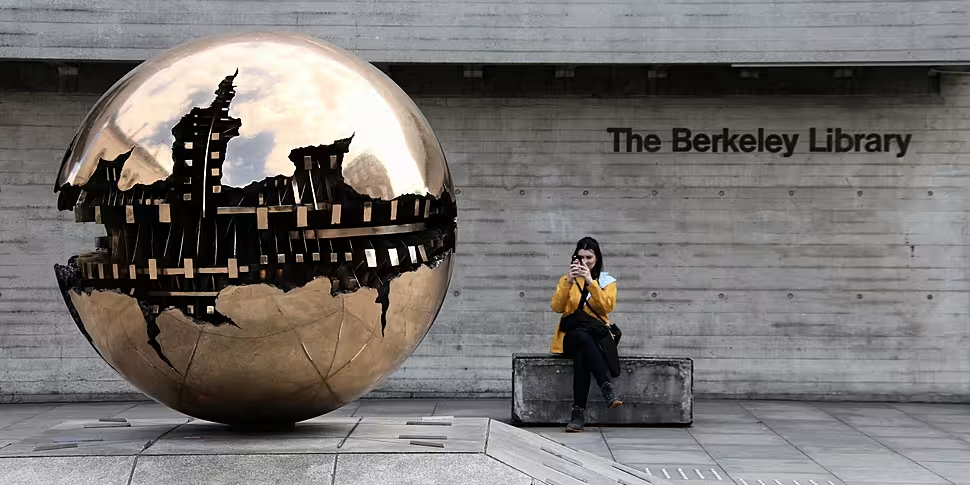Renaming a Trinity College library that was named after a slave-owner is ‘neo-puritan’ nonsense, according to Gript editor John McGuirk.
The Dublin college has launched a review of its historical legacies and is now inviting submissions on whether the Berkeley Library should be renamed.
The library was built in the late 60s and was named after celebrated philosopher George Berkeley in 1978.
Berkeley owned at least three slaves during his time living in Rhode Island between 1729 and 1731 and argued that slavery was justified because it offered Africans a path towards Christian conversion.
On Newstalk Breakfast this morning, Gript editor John McGuirk and Dr Ebun Joseph, Founder of the Institute of Antiracism and Black of Studies in Dublin debated the proposed name change.
Mr McGuirk said that if we were to strike Berkeley from the record, the question would quickly become, why stop there?
“The question we are now posed with is whether or not we should reach back through history to punish George Berkeley for his sins by symbolically striking his name from the wall at Trinity College, Dublin,” he said.
“I think that is an abject, utter, total and complete nonsense.
“The very idea that we should suddenly start retroactively judging history and delivering verdicts on people who lived in different eras according to the standards of our time, essentially means that you cannot do it consistently without obliterating most of history.”
History
He said Trinity would find itself having to abolish a lot more of its history if it goes down this road - noting that its founder, UK Queen Elizabeth I was involved in the Plantations in Ireland.
"The consequences of that on this island are very much felt today," he said.
“So why are they stopping at Thomas Berkeley who was an acolyte of that same establishment? Why not abolish the whole thing?”
Slavery
Dr Joseph said the good people do in life does not outweigh the bad.
“It is like saying that, you know what, this man is so nice he did so many amazing things; he only killed somebody 20 years ago but it was 20 years ago so we’ll just forget about it,” she said.
“Since we didn’t catch it then we‘re not going to do anything about it now.
“It is so easy for people whose families, whose names, whose identities are not being impacted the enslavement of black bodies to come out and say that.”
"We've not even started"
She said black people all over the world still suffer when they see imagery of slavers and slavery.
“They are still suffering from it,” she said.
“It is easy for someone who has never experienced racism, who has never had to explain to their child why they experience all the things they do in school to say, ‘oh you know what, where do we stop?’
“We have not even started; that is what we are saying.”
"Neo-Puritanism"
Mr McGuirk said people like Berkeley should be remembered for their positives and condemned for their negatives.
“Ebun’s standard appears to be that you can only be remembered throughout history if you were, at all times and in every aspect of your life, a saint,” he said.
“I think that is neo-Puritanism. I think that’s what we have here. It is neo-Puritanism.”
You can listen back here:









